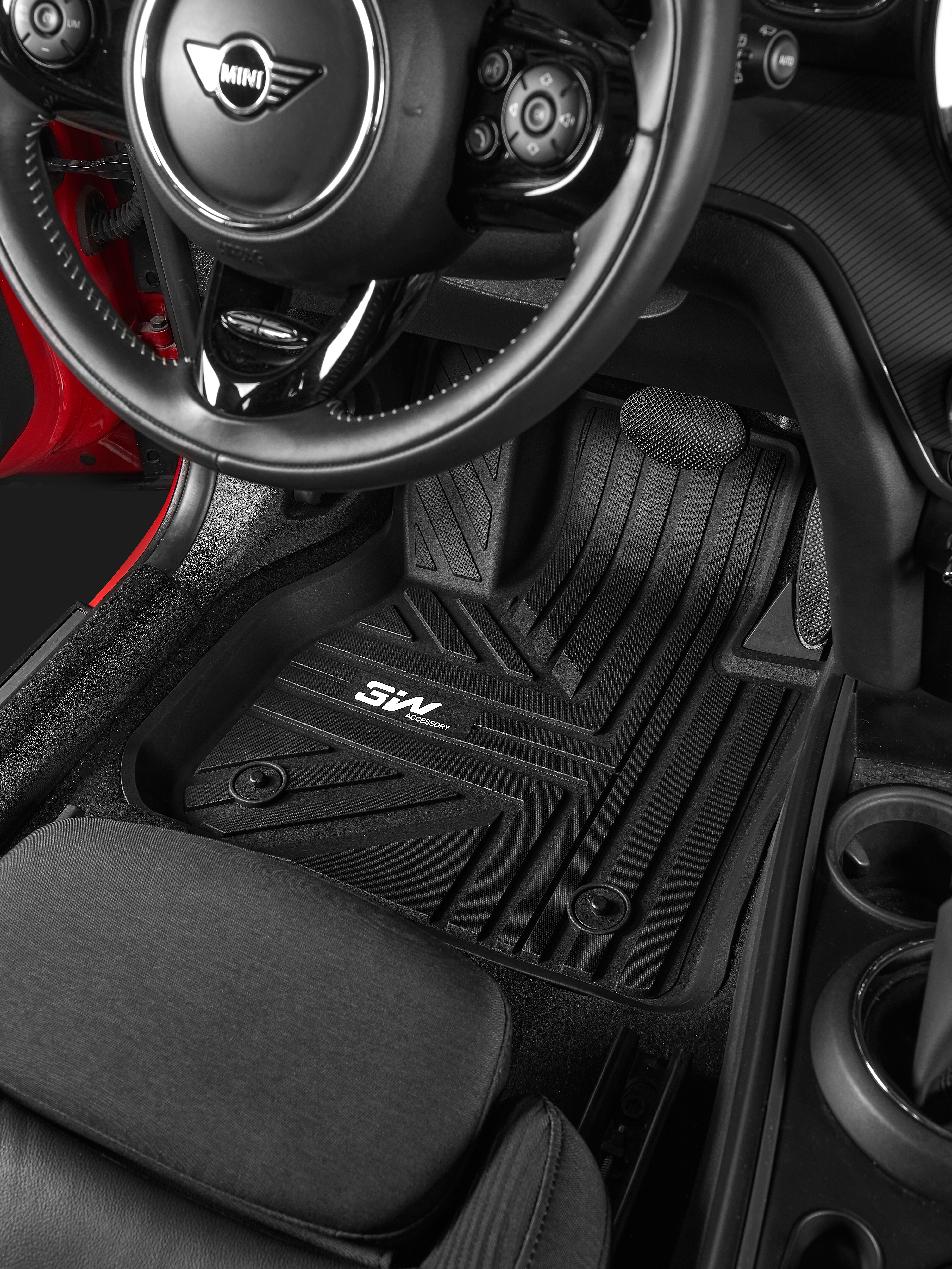Revenue and profits momentum created during six-month period set to continue
Riding a wave of strong revenue and profits through the first half of 2023, China’s major listed automakers are optimistic about the rest of the year’s performance in the vehicle market.
SAIC Motor, China’s largest automaker by sales, generated operating revenue of 326.55 billion yuan ($45 billion) from January to June, up 3.34 percent year-on-year, according to its financial statement.
The Shanghai-listed company saw its net profit attributable to shareholders in the same period grow 2.54 percent year-on-year to 7.09 billion yuan.
SAIC Motor said the rise in revenue and profit was the result of a structural adjustment and corporate efforts to streamline costs and improve efficiency.
Its sales from January to June fell 7.28 percent to 2.07 million units due to weaker demand, but it saw the situation start to improve in July thanks to a series of favorable policies gradually taking hold.
The company said it will step up its transition towards electrification,improve dealer sales and marketing capabilities, and enhance its overseas presence.
Sales of its MG-branded vehicles reached 115,000 units in Europe from January to June, up 143 percent year-on-year. The brand also achieved a market share of over 5 percent in the Middle East, Chile, Australia and Mexico.
Meanwhile, Shenzhen-listed BYD,China’s largest new energy vehicle manufacturer, saw its operating revenue in the first half increase 72.72 percent year-on-year to hit 260.12 billion yuan, while its net profit soared 204.68 percent to 10.95 billion yuan.
According to a financial statement released on Tuesday, BYD’s automotive business generated an operating revenue of 208.82 million yuan,accounting for 80.28 percent of the company’s total, and it delivered more than 1.25 million vehicles in the first half, up 94.25 percent year-on-year.
The operating revenue of Hong Kong-listed State-owned BAIC Motor in the first half of 2023 hit 9.9 billion yuan, up 18.37 percent year-on-year, while its net profit attributable to the parent company rose 31.9 percent to 2.85 billion yuan.
BAIC, which has joint ventures with South Korea’s Hyundai and Germany’s Mercedes-Benz, delivered 507,000 vehicles in the first half,up 24.1 percent year-on-year.
The Beijing-based automaker said it will follow the trends of the market in the second half to ensure steady development and grow its market share.
Some startups that saw their net loss grow in the first half said they expect the situation to improve in the second half.
Chinese electric vehicle startup Nio saw its revenue in the second quarter fall 14.8 percent year-on-year to 8.77 billion yuan, according to its financial statement released on Tuesday.
The profit of the New York-listed startup in the second quarter stood at 6.06 billion yuan, tumbling 119.6 percent from the same period last year and 24.2 percent from the first quarter this year, mainly due to lackluster sales.
Nio delivered only 23,500 vehicles from April to June, down 6.1 percent year-on-year, despite the burgeoning NEV segment in China.
Nio expects its sales in the third quarter to at least double the second quarter number by reaching between 55,000 and 57,000 units,thanks to the arrival of new models. Statistics show the startup’s sales in July rebounded back to over 20,000 units.
Nio’s new ES6 started deliveries in late May and the new ES8 followed in late June, but it will take time for their sales to increase.
Nio said the new EC6 will be unveiled in September, and CEO William Li stressed the company is beefing up its sales capabilities. “We have been working to improve our sales capabilities and our goal is to secure 30,000 orders a month by September,” he said.
Xpeng, another startup, saw its net loss reach 2.8 billion yuan in the second quarter, down 3.8 percent and higher than the market projection of 2.17 billion yuan. Its operating revenue in the quarter tumbled 31.9 percent year-on-year to 5.06 billion yuan, but Xpeng expects third-quarter sales to grow to 41,000 units, up from 39,000 in the second quarter.
At a recent investor conference,Xpeng CEO He Xiaopeng said the company will spare no efforts to scale up its monthly sales to 20,000 units.
Chen Shihua, deputy secretary-general of the China Association of Automobile Manufacturers, said he expects overall sales this year to eclipse 2022′s nationwide total. Statistics from the CAAM show that 15.62 million vehicles were sold from January to July, up 7.9 percent year-on-year.
Post time: Sep-06-2023

